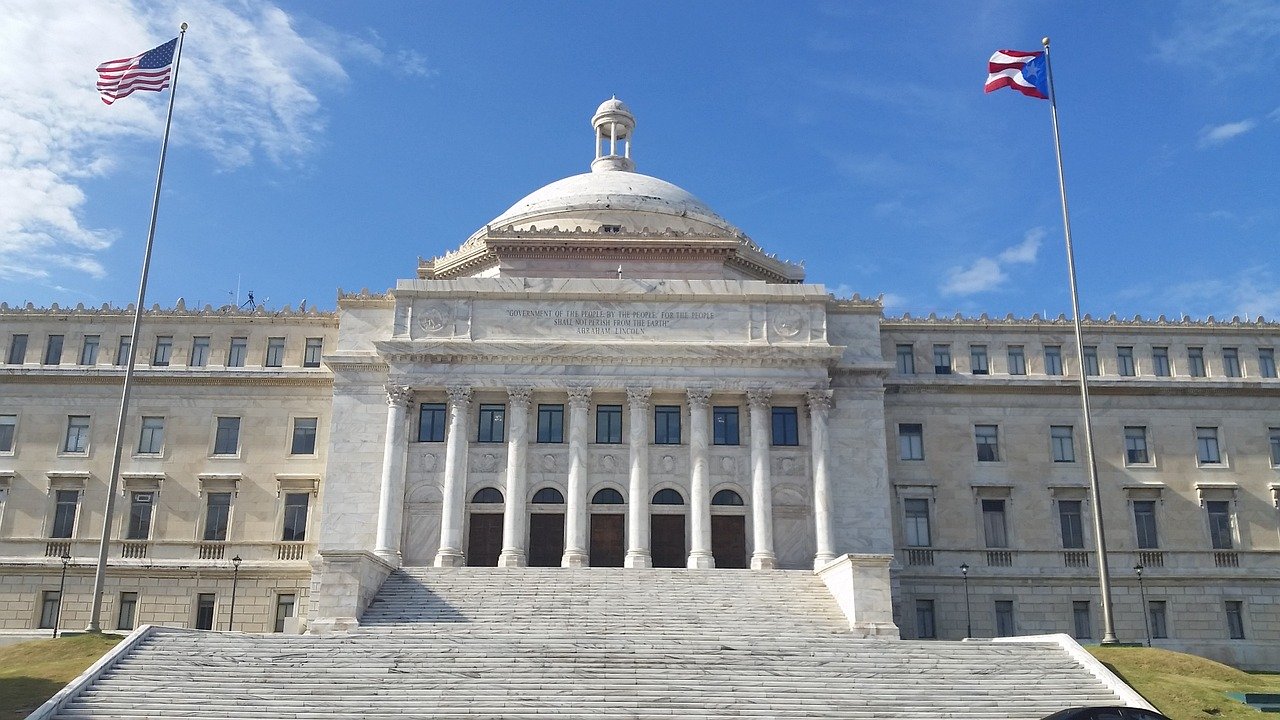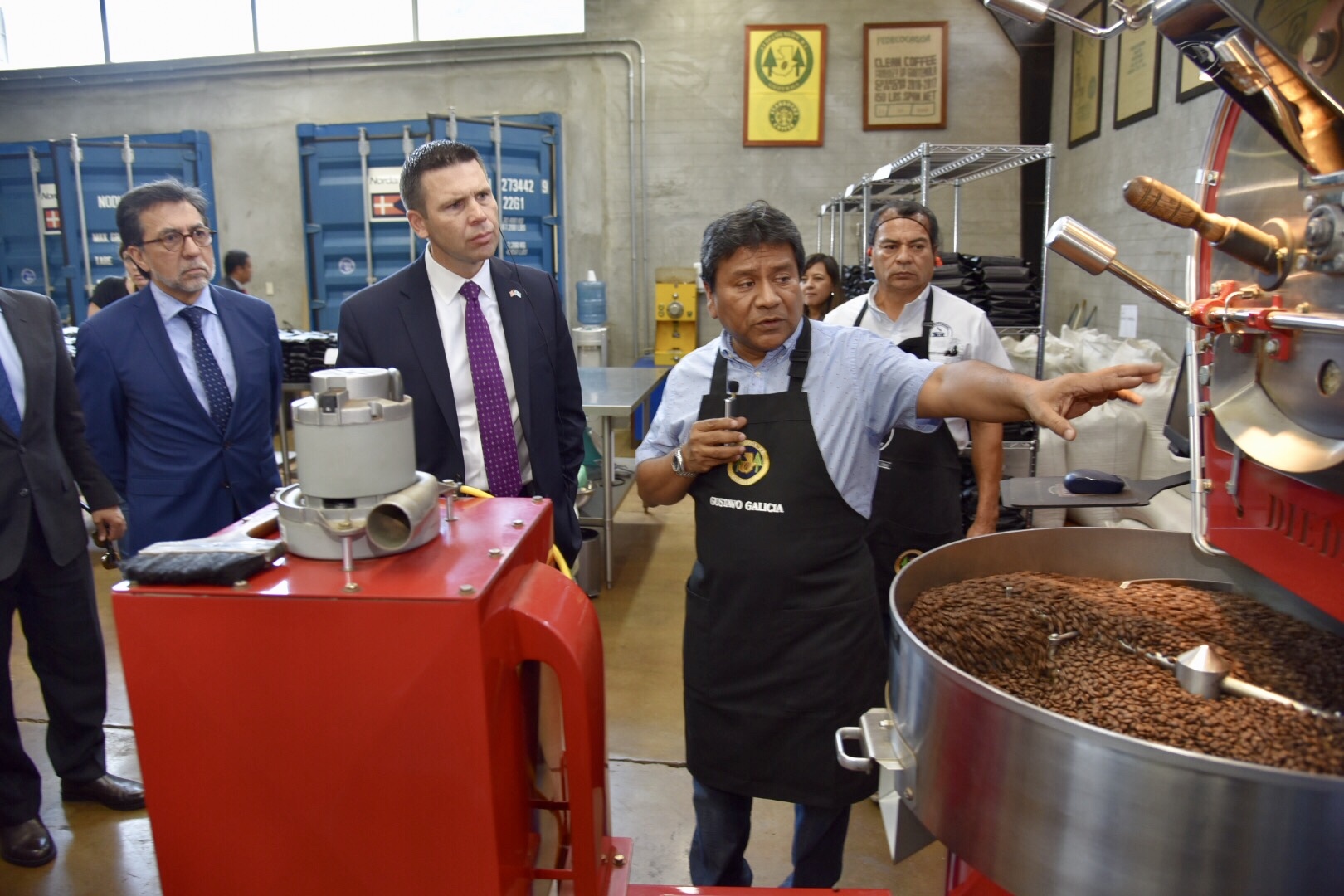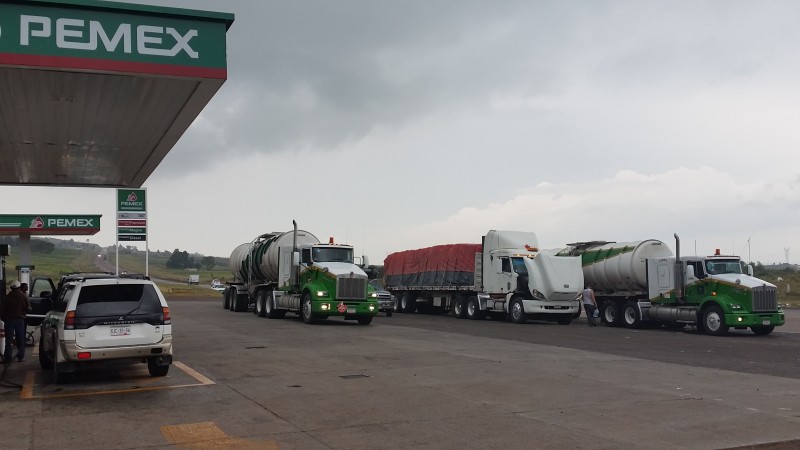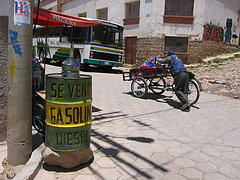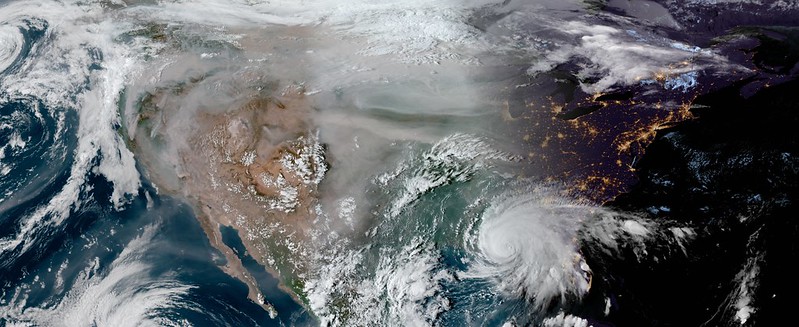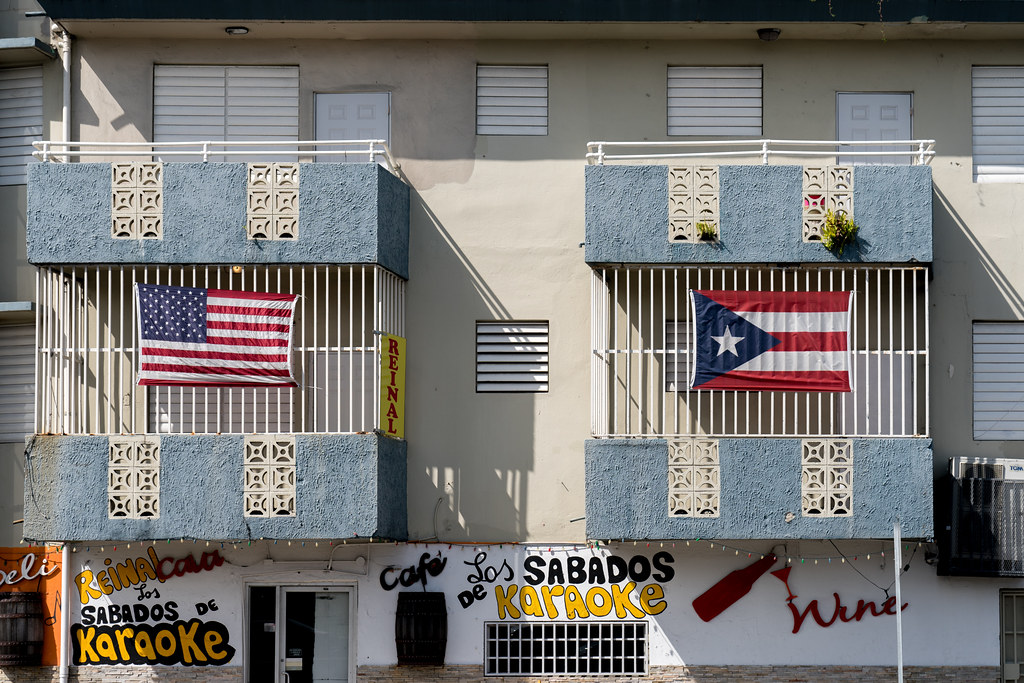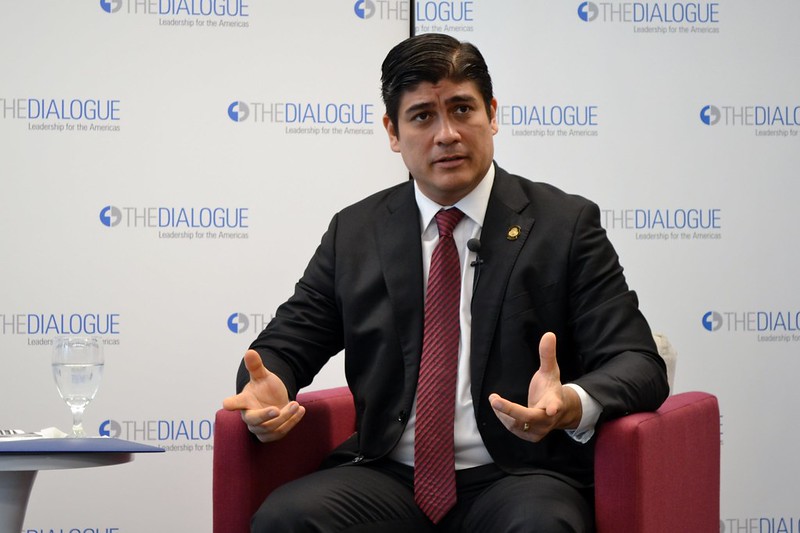
Latin America: Week in Review
Costa Rican President Addresses Week-Long Protests
October 7, 2020 By Staff
TODAY IN LATIN AMERICA
COSTA RICA: President Carlos Alvarado made a televised appearance after protests erupted across Costa Rica in response to a new International Monetary Fund (IMF) proposal. Alvarado withdrew his initial agreement, and is encouraging protestors to remove blockades so that the public can help create a more “balanced” approach with the IMF. The original proposal included new taxes on bank transactions, property, wages and more. Since Wednesday, about 2,200 people have been demonstrating in the streets and at least 50 road blockades have been set. In some areas, people are setting up unofficial toll booths, where civilians can pass the blockades for $10 to $50 dollars. The movement currently self-named the National Rescue Movement is being led by former legislators José Miguel Corrales and Célimo Guido.
The National Rescue Movement presented a list of 15 demands to the government delivered by the Archbishop of San José, Monsignor José Rafael Quiró, who declined mediating the talks. All 15 must be met before the group will remove their blockades throughout the country. Most of the demands refer to the conditions under which negotiations will take place, such as the place and time of day. Other demands include an agreement to completely abandon the IMF proposal. The group also asked that those detained not be criminally prosecuted.
The Minister of the Presidency, Marcelo Prieto, was given the list and negotiations are set to officially begin Oct. 7. Corrales said that they will keep the dialogue open to the public. Prieto confirmed that the government plans to work with the group to end protests and blockades. Alvarado also confirmed that he will take part in the talks.
Headlines from the western hemisphere
SOUTHERN CONE
ARGENTINA: Information on hundreds of Argentine spies abroad were recently leaked from an ongoing investigation of illegal spy activity against journalists and politicians. Cristina Caamaño, who was in charge of restructuring the Argentine Federal Intelligence Agency, sent the document without any security precautions. It contains names and identification numbers of hundreds of agents, as well as secret international agreements between Argentina and six other countries. The data leak also exposed some personal information of former President Mauricio Macri, including his passport number and passwords to some of his social media accounts.
ANDES
COLOMBIA: A disciplinary complaint was filed Oct. 5 against President Iván Duque for allowing United States troops on Colombian territory without Senate approval. U.S. troop activity was suspended in July by a regional administrative court. Duque ignored the court’s mandate and allowed the army to remain without first getting Senate approval, thus violating the Constitution and causing 23 congressmen to file the complaint.
CARIBBEAN
PUERTO RICO: The Governor of Puerto Rico, Wanda Vázquez Garced, said she would support President Donald Trump in this upcoming fall election. In a Telemundo interview, she called on fellow Puerto Ricans to support Trump, citing him as being a “person who thinks about Puerto Ricans and their needs.” Vázquez Garced was scheduled to attend a Trump rally in Florida, but the event was canceled after the president tested positive for COVID-19. Despite promising $13 billion in aid to Puerto Rico for infrastructural redevelopment, the Trump administration has not distributed any money to the island, which Trump has blamed on Democrats. The funds had been FEMA approved, so they could have been distributed at any point. Tatiana Matta, Latino adviser to Joe Biden’s presidential campaign, called Trump’s promise of financial relief a “desperate political stunt” to win voters.
CENTRAL AMERICA
EL SALVADOR: After four months, the Salvadoran government still has not made payments for the Fund for the Economic and Social Development of Municipalities (FODES). This caused multiple protests to break out nationwide, led predominantly by mayors, demanding FODES distributions. The secretary of President Conan Castro stated that the money hadn’t been distributed because the funds have already been used for emergency COVID-19 relief. The promised money had already been approved for social and infrastructural programs around cities, as well as for employee paychecks. Without it, thousands of people have been left economically insecure. Further developments reveal that the Government Cabinet did receive a salary during this time when they had previously claimed that there was no money left to distribute to mayors.
NORTH AMERICA
MEXICO: Hurricane Delta made landfall on the Yucatan Peninsula early Wednesday morning, with an estimated maximum winds of 110 miles per hour, according to the National Hurricane Center. The Category 2 storm interacted with the remnants of Tropical Storm Gamma, and is “bringing a life-threatening storm surge and strong winds” in portions of the peninsula. Quintana Roo Governor Carlos Joaquín had said that people are being evacuated from several areas in the northern part of the state, where Delta is expected to hit, including Holbox Island and parts of the Cancún area.
MEXICO: Mexico’s House of Deputies took the first step to pass a law that would dissolve 109 public trusts that fund activities including the arts, scientific research and human rights. Deputies that voted “yes” on the new bill are members of the ruling Morena Party, as well as the Green Party and the conservative Social Encounter Party. The bill would direct the 68 billion pesos held in the trusts, about US $3 billion, to the treasury. On Tuesday morning, President Andrés Manuel López Obrador defended the bill, promising that government funding for the activities covered by the public trusts will continue. According to López Obrador, public trusts will be centralized under the Interior Ministry, making the process more transparent. He added that people receiving benefits from the trusts “won’t even have to wait a month” to continue receiving them. As the bill was being debated, protesters delivered a petition with 75,000 signatures to the Chamber demanding the preservation of the trusts to Mario Delgado, the Morena Party’s leader.
